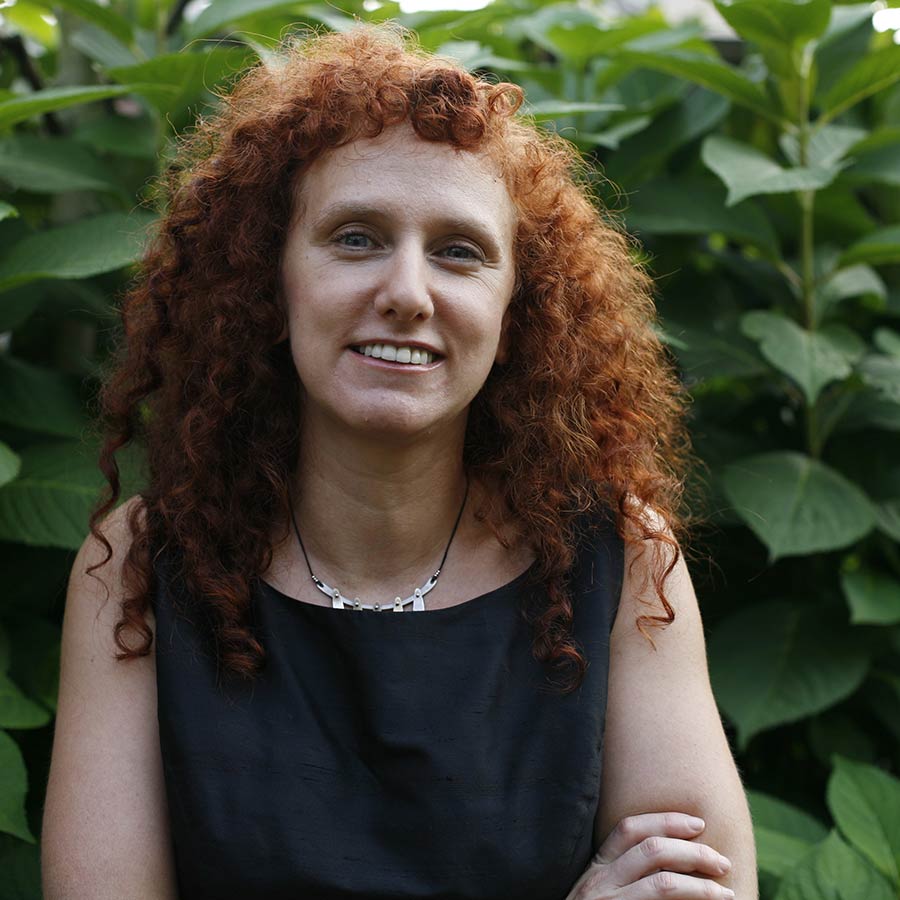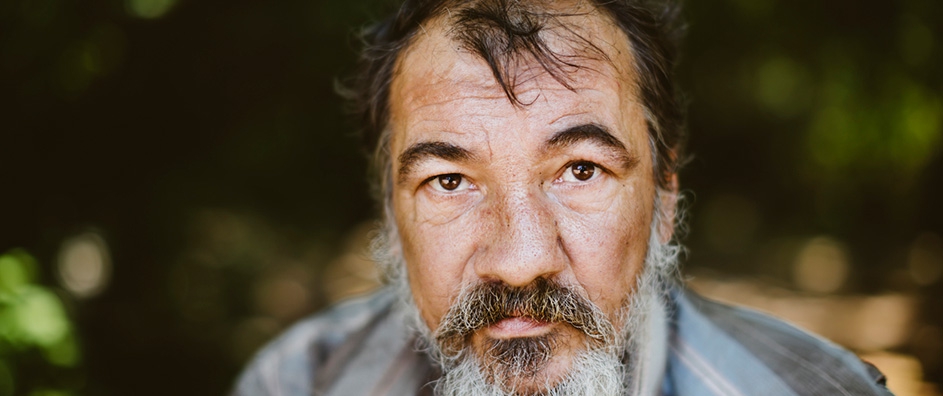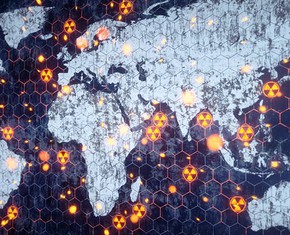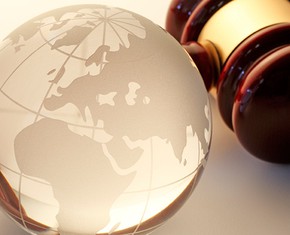The views expressed in our content reflect individual perspectives and do not represent the authoritative views of the Baha'i Faith.
Fact: people who abuse opioid drugs often become addicted. Follow-up fact: society has not figured out how to deal with those addictions.
Oh, sure, our societies have tried all kinds of approaches. We’ve imprisoned addicts, whipped them, even executed them. In some places where we’ve decided that punishment doesn’t work, we’ve medicalized addiction by calling it a disease and setting up treatment centers, therapy groups and psychoanalysis programs. We’ve opened methadone or buprenorphine centers, substituting another addictive drug for the opioids. Some societies have tried legalizing the opiates, providing free drugs for addicts, along with safe private spaces to inject them.
But, despite the variety and diversity of approaches, we’ve still got a dire and burgeoning opioid epidemic on our hands. In 2016, more people died of opioid overdoses in the United States than any other year, ever—which means that drug overdoses just became the leading cause of death for all people under the age of 50. That stunning fact has begun to wake people up. In countries around the world, the opioid toll is rising, and rising fast.
“Today,” the New York Times recently reported, “heroin addiction and prescription opioid misuse have become a 50-state epidemic, a deadly health care disaster overwhelming local, state and federal officials.”
So what’s your solution? Do you have an approach to the crisis that you think might work? What role should law enforcement play, and what role should health professionals play? Do we attack the problem by making it a criminal issue, largely ceding the responsibility to the justice system; or do we consider it a health issue and let the medical community try to heal it? Meanwhile, what do we do about crimes against property or people committed by addicts? Do we legalize all drugs, or criminalize them?
Tough questions, aren’t they? Policymakers have struggled with these questions for a long time now, and basically, they’ve coalesced into two major schools of thought. First, most addiction specialists say that alcoholism and drug addiction are chronic, progressive diseases, best dealt with in a treatment setting. Second, some (but not all) criminal justice experts maintain that drug addicts are moral failures and selfish criminals with no regard for the rights of others, who should be locked up to protect society—and themselves.

Maia Szalavitz
One insightful writer on the subject, Maia Szalavitz, an ex-addict herself and the author of Unbroken Brain: A Revolutionary New Way of Understanding Addiction, says: “When it’s our own loved ones who become addicted, we tend to favor the first explanation; when it’s someone else’s, we favor the second.”
Szalavitz’s book contravenes the conventional wisdom in many ways, but she has a very unique and persuasive perspective on why people become opioid addicts. Many people believe that the recent spike in the epidemic of opioid abuse and addiction comes directly from the over-prescribing of synthetic opioids like oxycodone by physicians for the treatment of chronic pain. They cite these numbers as proof: In 2012, doctors in the U.S. wrote 259 million prescriptions for opioid painkillers, enough for every American adult to get a bottle of them. Szalavitz disagrees with that analysis, saying in her book that pain treatment is not the most significant risk factor for addiction:
Far greater risk comes from simply being young and from using alcohol and other recreational drugs heavily. Ninety percent of all drug addictions start in the teens—and 75 percent of prescription opioid misuse begins when (mainly young) people get pills from friends, family or dealers—not doctors.
If that’s true, regardless of whether you think of addiction as a crime or a disease, it quickly becomes obvious that the best way to stop drug addiction involves focusing on the young, and preventing those young people from using and then becoming addicted in the first place. That kind of early prevention best occurs, experts agree, when young people have effective parenting, good adult role models, and, most importantly, a moral framework that effectively helps them avoid early experimentation with addictive chemicals. Early childhood spiritual education can provide that framework.
The Baha’i teachings support this view—that’s one of the reasons Baha’i communities everywhere focus on educating children and youth. In fact, Shoghi Effendi, the Guardian of the Baha’i Faith, wrote a letter called The Advent of Divine Justice, encouraging all Baha’i youth to lead spiritual, moral lives, which:
… calls for the abandonment of a frivolous conduct, with its excessive attachment to trivial and often misdirected pleasures. It requires total abstinence from all alcoholic drinks, from opium, and from similar habit-forming drugs. – The Advent of Divine Justice, p. 30.
This prevention-related advice echoes Baha’u’llah’s repeated injunctions to the Baha’is to avoid all mind-altering substances:
Cast away, then, from you that which your minds abhor, for it hath been forbidden unto you in His Tablets and His Scriptures. Beware lest ye barter away the River that is life indeed for that which the souls of the pure-hearted detest. Become ye intoxicated with the wine of the love of God, and not with that which deadeneth your minds … – Ibid., p. 32.
The Baha’i teachings say that this kind of early moral training and spiritual education can actually help children and youth avoid the pain and madness of addiction, as this prayer from Abdu’l-Baha illustrates:
O Divine Providence! Bestow Thou in all things purity and cleanliness upon the people of Baha. Grant that they be freed from all defilement, and released from all addictions. Save them from committing any repugnant act, unbind them from the chains of every evil habit, that they may live pure and free, wholesome and cleanly, worthy to serve at Thy Sacred Threshold and fit to be related to their Lord. Deliver them from intoxicating drinks and tobacco, save them, rescue them, from this opium that bringeth on madness, suffer them to enjoy the sweet savours of holiness, that they may drink deep of the mystic cup of heavenly love and know the rapture of being drawn ever closer unto the Realm of the All-Glorious. – Selections from the Writings of Abdu’l-Baha, pp. 149-150.
You May Also Like
Comments

















https://www.nytimes.com/2017/09/22/opinion/sunday/portugal-drug-decriminalization.html
Szalavitz's insights and the
Baha'i guidance on these
things. I heard somewhere
the "This is your brain on
drugs" T.V. announcements were
laughed at like the old
"Reefer Madness" film,
but maybe they did make
some people think. In any
case, I believe real education about the physical dangers of ANY
substance, even junk food,
has to be part of the cure.
At some point, even the most "pragmatic" or self- ...
interested person might be
convinced.